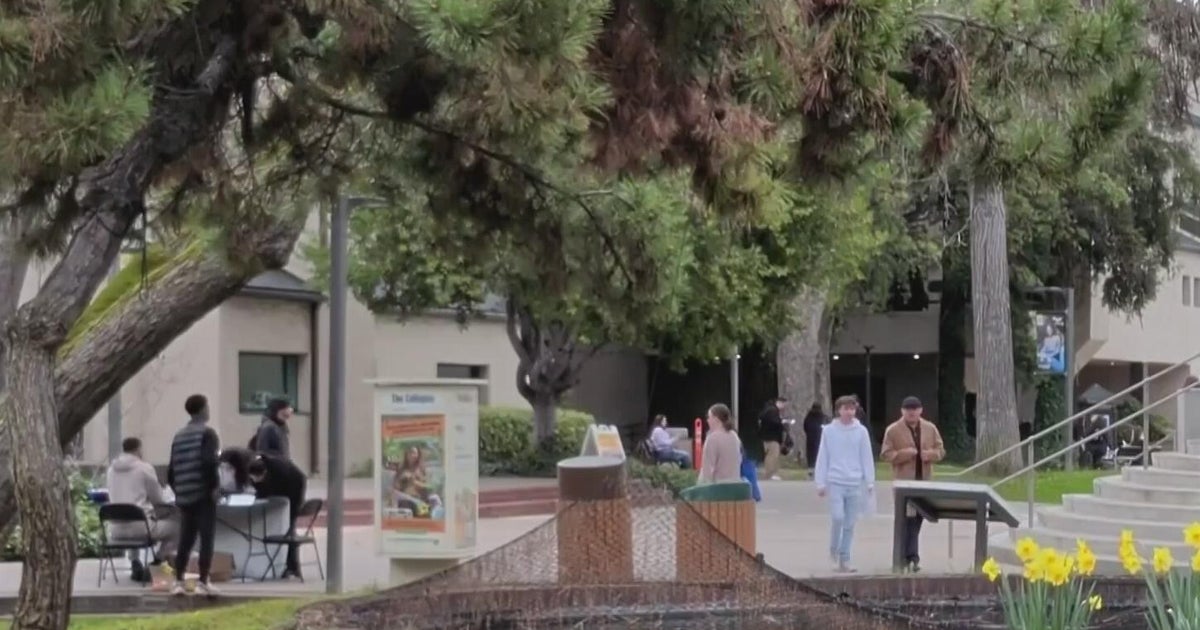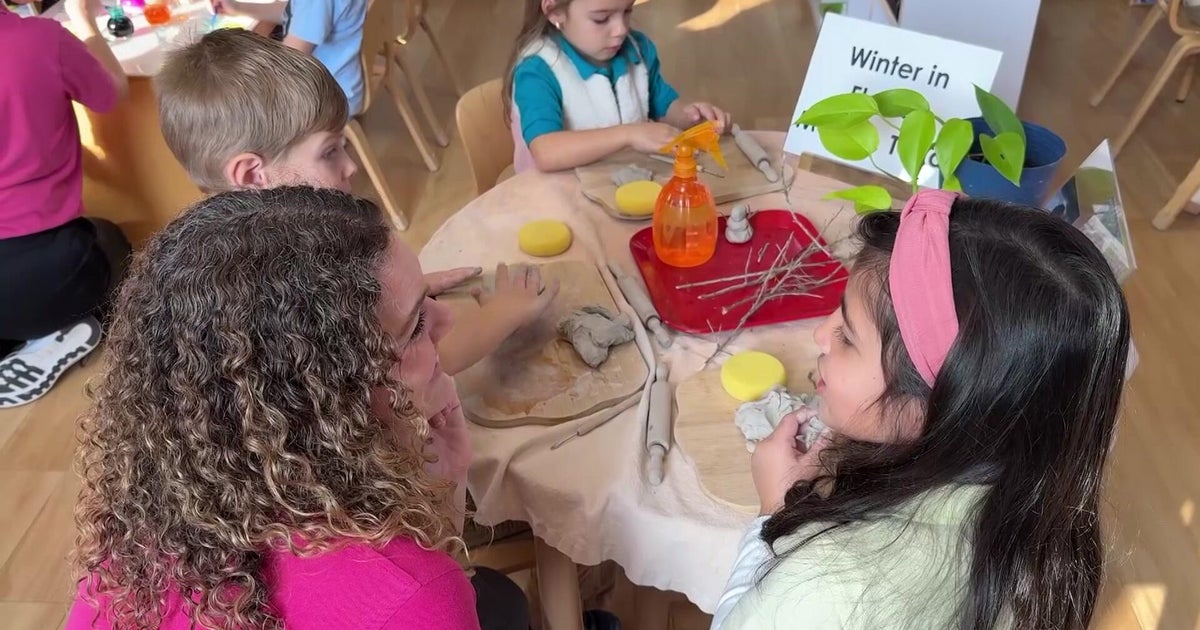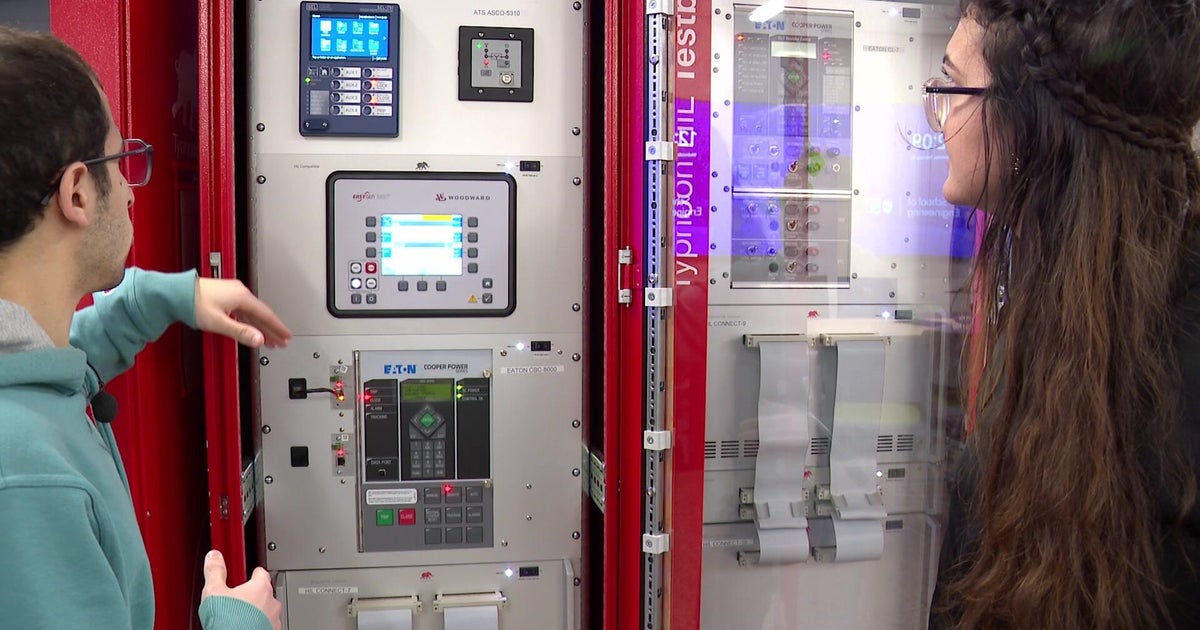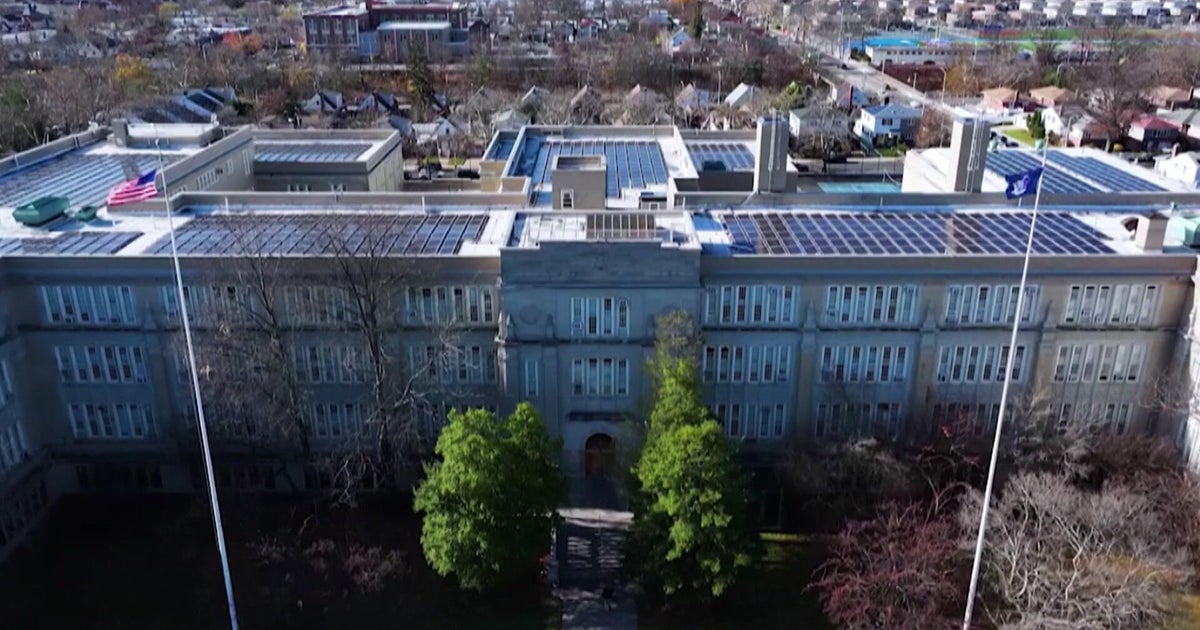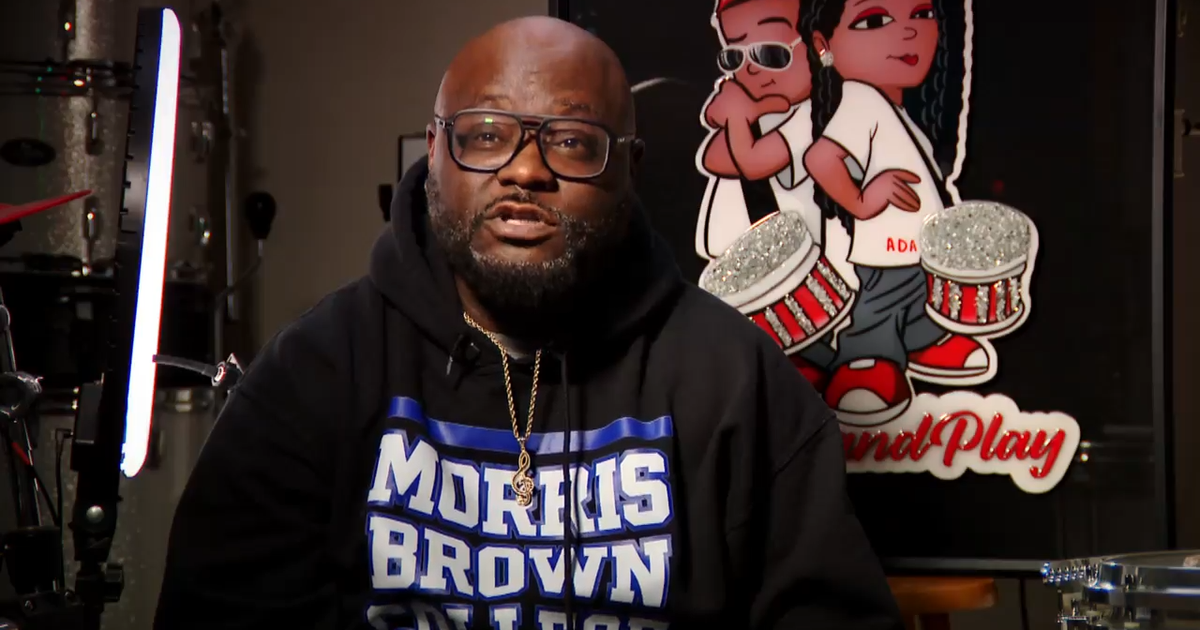Virtual reality surgery puts North Shore Community College students in simulated operating rooms
DANVERS - The future of education is here at North Shore Community College where surgical technology students are using virtual reality to learn procedures in simulated operating rooms.
"It's game changing for these students. They're so much more prepared to go to clinical," program coordinator, Jennifer Forte told WBZ-TV. She said there's a nationwide critical shortage of surgical technologists and this enhances their program to get more students into the field.
Students use VR headsets to see into operating rooms where they can practice identifying surgical instruments, passing them to a surgeon and learning steps to several procedures using videos of real surgeries. "You can hear it talking to you. It's asking you what to do. I've only done that procedure that we're doing today two or three times, and I can already anticipate what's going on," student Alexa Jaynes told WBZ.
This is the first class to use the technology. The tool is designed to bridge the gap between class and the operating room by allowing students in the 15-month program to be as prepared as possible before they go to clinicals.
"The things that we've learned in class and how we've been able to tie them in directly is like, word for word, instrument for instrument, every concept that we've gained, it's a direct match," said student AJ Nwokeji.
The headsets, purchased from a grant, allow professors more efficient instruction compared to the traditional method. They can be giving one-on-one instruction to a student while the other students practice on the headsets.
"It's one instructor to one student so while we're doing a simulation here, the other five students are waiting their turn. With the VR technology they now can be preparing to come to here to the table," Forte said.
Forte is a graduate of NSCC's surgical technology program herself and said she wishes this technology was around when she was in school.
"When I was a student if we wanted to learn the steps of a procedure, we had to read it in a book. Eventually we could watch a video of it but they now can interactively learn the steps," she told WBZ.
The technology feels like a video game.
"It makes it [learning] not tedious. You're not like 'I have to study.' You're like 'I get to play a game'," Jaynes said.
The simulation prompts students through multiple procedures where it looks like they're in an actual operating room with audio instruction along with a video.
"Once you get used to it you're so involved in the surgery that's happening in front of you, the instrumentals and remembering where they are and what goes next. You kind of forget that there are people around you outside," Jaynes explained.
The students are scored after each simulation practice and it creates a little healthy competition.
"We get really competitive so I'm like, 'Oh my score is 500 now everybody else is going to do it four more times to see if their score can get that high so I feel like it really pushes us" Jaynes said.
The goal is to be as prepared as possible for their clinicals at local hospitals.
"They need to be prepared, confident and this technology allows that," Forte said.
Nwokeji grew up playing video games so he was excited to combine innovative VR technology with his passions in health care.
"The more practice the better because we want to be at our best when we get to clinicals. By the time I get there, using this technology, the clinicals are going to love me," he said.
After completing the program with their associates degree, graduates will be eligible to take the national certification exam.

